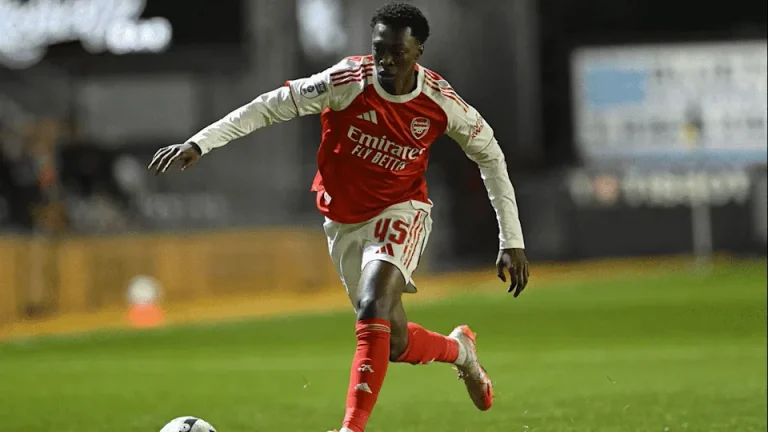
Stephanie Linus’ acclaimed film ‘Dry’ has once again become a focal point in Nigeria’s social conversation, as citizens rally behind the #JusticeForOchanya movement demanding accountability for child abuse and gender-based violence.
The film, which continues to resonate years after its release, has resurfaced across online platforms and community discussions as a mirror of Nigeria’s ongoing struggle against child marriage and sexual exploitation.
A deeply emotional social drama, ‘Dry’ intertwines the stories of Dr. Zara, a successful doctor haunted by her traumatic childhood, and Halima, a 13-year-old girl forced into marriage with a 60-year-old man in rural Nigeria. The film portrays the painful realities of rape, child marriage, and obstetric fistula (VVF), issues that remain prevalent in several Nigerian communities.
The renewed relevance of the film follows the national outcry over the story of Ochanya Ogbanje, a 13-year-old who died in 2018 after enduring years of sexual abuse. Her case has reignited public demand for stronger legal protection for minors and punishment for offenders.
Speaking on the renewed attention, filmmaker Stephanie Linus said the film was always intended to be more than entertainment.
“‘Dry’ was created to spark conversation and empathy, but most importantly, to drive change,” Linus said. “The #JusticeForOchanya movement reminds us that these stories are not fiction for many Nigerian girls. We must continue to use every platform, including film, to demand justice and ensure such tragedies never happen again.”
Since its release, ‘Dry’ has garnered widespread recognition, including the AMVCA Award for Best Overall Movie in Africa, Africa Movie Academy Award for Best Nigerian Film, Best Young Actor, and the Programmer’s Award (Narrative Feature) at the Pan African Film Festival (PAFF). It also earned the Best Protagonist title at the Bentonville Film Festival.
The film’s resurgence in 2025 underscores the power of storytelling as a catalyst for social reform, reminding audiences that art can serve as both a mirror and a movement for justice.



